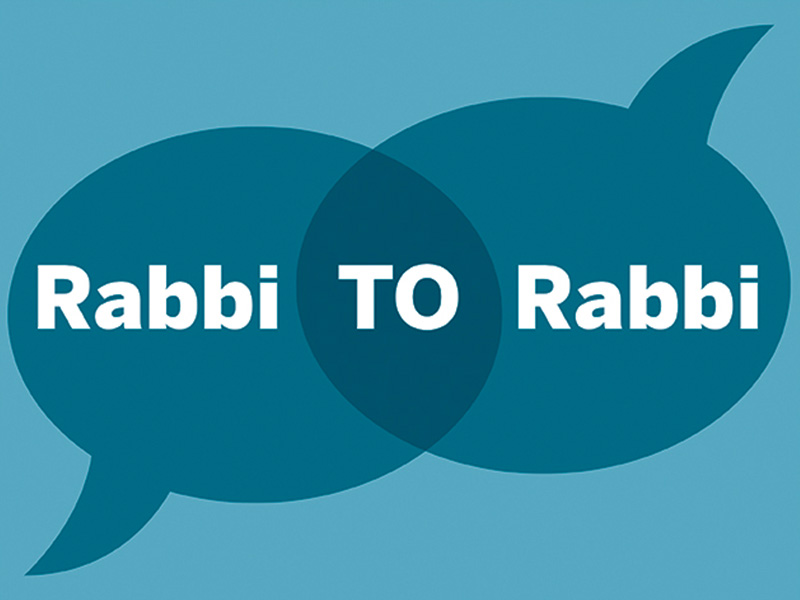Putting Chanukah candles in our windows helps us share our values, which include helping others to see that the lives of all victims of terror have worth
Rabbi N. Daniel Korobkin
Beth Avraham Yoseph Congregation, Toronto
Rabbi Lisa Grushcow
Temple Emanu-El-Beth Sholom, Montreal
Rabbi Korobkin: Late last month, I travelled to Sharon, Mass., to pay a shivah call to the family of Ezra Schwartz, the 18-year old yeshiva student who was murdered by terrorists on his way to delivering snacks to IDF soldiers. His death hit hard for so many in our community who have sons and daughters studying in Israel. Ezra was all our sons and daughters.
His death was also marked by a moment of silence at a recent New England Patriots football game, since Ezra was a big fan.
In light of what happened in Paris, the world is starting to be more sympathetic to what Israelis regularly endure. I sometimes feel guilty about my schadenfreude, the satisfaction we sometimes get over others’ misfortune. And yet it seems that unless the world is exposed to its own terror, it doesn’t feel compassion for Israel’s plight.
Rabbi Grushcow: I think that the terrible attacks in Paris reminded all of us that we live in an inherently unpredictable world and that every country can be touched by acts of terror. I lived in New York City before, during and after 9/11, and I remember experiencing a similar sense of vulnerability and fear, empathy and resolve.
What makes terror so terrifying is that it undermines daily life. No one should have to be afraid to go out to dinner, walk through their city, go to their house of worship or send their kids to school. Israelis have been living with this vulnerability for years. We have a lot to learn from their resilience. But I don’t think we can do much about the world’s double standard vis-a-vis Israel, except to keep bringing forward the human faces of those who live there.
What is more within our hands, it seems to me, is to support victims of terror wherever they are, to recognize that all of us are vulnerable and to live each day with courage and hope, to bring more light and drive out the dark. I think there’s a holiday about that.
Rabbi Korobkin: Rabbi Joseph Soloveitchik famously said that with the establishment of the State of Israel came the discovery to the world that Jewish blood is not hefker, or free (that, too, was part of the miracle of Chanukah). I think that he may have been overly optimistic, since nearly 70 years later, the world still views Jewish blood as hefker, or at least not as red as other victims of terror.
This makes me sad, not only because of the injustice and double standard, but because this makes it harder for our community to fully mourn without reservation when we read of tragedies anywhere else in the world. There will always be a part of me that thinks, “At least now they know what it feels like to be an Israeli.”
So yes, we are very much a part of the rest of the world. But as long as the media turns its back on stabbings of Israelis, as long as the UN resolutions condemning Israel far outnumber those condemning any other country, it seems that the Jew will remain the perpetual outsider.
Rabbi Grushcow: Our ancestors, in their wisdom, taught that the chanukiyah must be placed in the window, where it can be seen by the outside world. This has at least two messages: first, confidence in showing who we are, and second, sharing our light with the world. In the face of darkness, our role is to add to the light.
Personally, I don’t feel schadenfreude over others’ misfortune. Rather, what seems most important to me, in the simplest terms, is to acknowledge that there is great darkness in the world and to do our best to spread light.
Of course, I want the world to understand that Jewish lives are precious, along with every human life. But I mourn for all the victims of terror without reservation. I fear for a world in which civilian life and civil society are endangered. And I pray for a world in which light prevails over darkness.
To strive for a world of light and peace will require a joint effort. Let our enemies try to differentiate between Jew and non-Jew, or to claim that some lives have less value than others. We have a different task.
